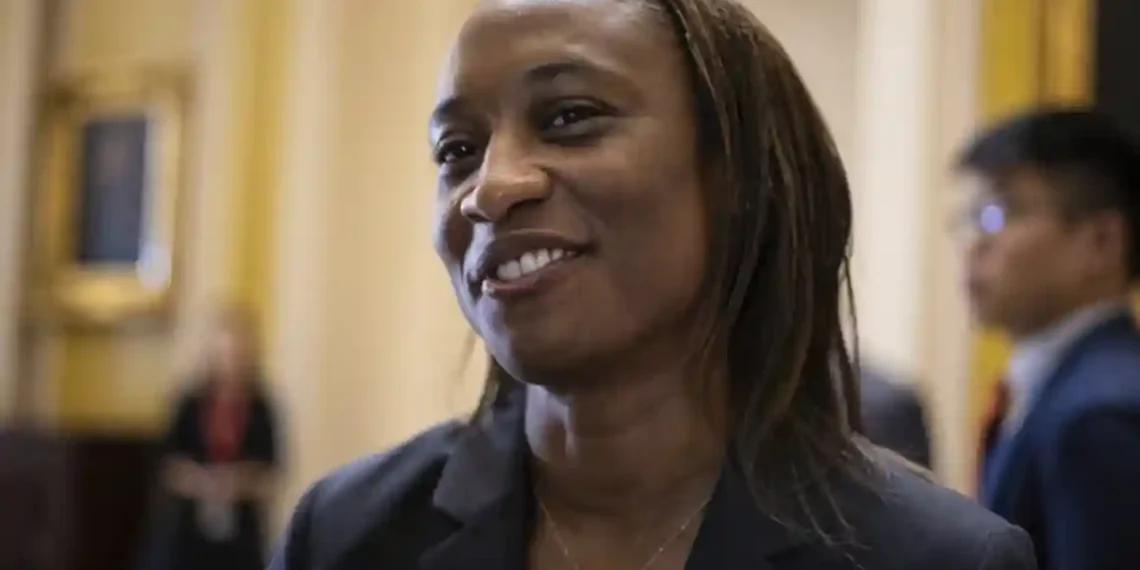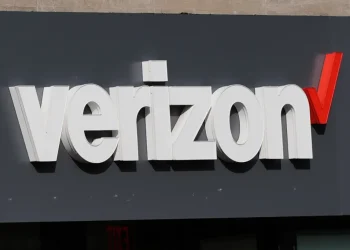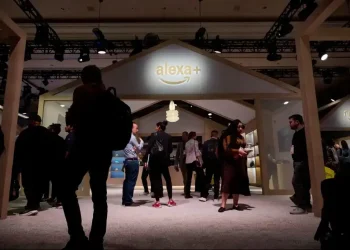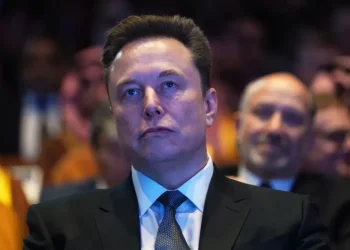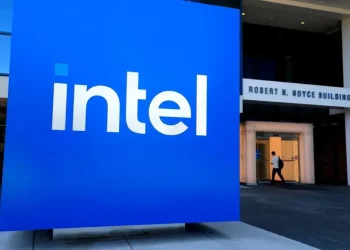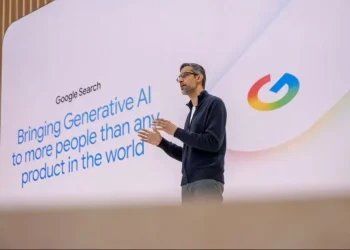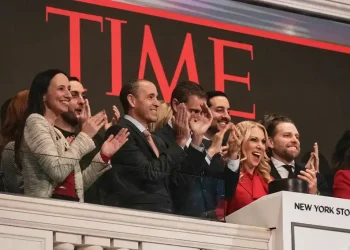The ChatGPT maker brings on a high-profile California Democrat with deep political and labor ties as it faces growing scrutiny and competition.
Former Senator Laphonza Butler Joins OpenAI as Adviser Amid AI Policy Shift
Laphonza Butler’s New Role at OpenAI
OpenAI, the company behind ChatGPT, has hired former U.S. Senator Laphonza Butler as an adviser. This marks Butler’s first major private-sector role since leaving Congress earlier this year. She is now a partner at the public affairs firm Actum, where she’ll work with OpenAI during a critical time in the company’s evolution.
Butler was appointed to the Senate by California Governor Gavin Newsom in 2023 to fill the seat left vacant by the late Senator Dianne Feinstein. She served just over a year before stepping away from elected office, returning to her background in labor leadership and political strategy.
OpenAI Looks to Build Political Muscle
OpenAI is currently undergoing major changes. The company hopes that adopting a more traditional corporate structure will help it raise funds and stay competitive in the fast-moving world of artificial intelligence. But those plans haven’t come without resistance — both from former co-founder Elon Musk and civic leaders in California, where the company is based.
That’s where Butler comes in. Known for her strong ties to California’s labor movement and political networks, she brings a valuable set of relationships to OpenAI’s growing effort to shape public policy and address rising concerns about AI’s impact on society.
An OpenAI spokesperson confirmed Butler’s advisory role, but did not share specific details about the scope of her work. Butler has not commented publicly.
A Political and Corporate Background
Before her short stint in the Senate, Butler had a long career in Democratic politics and organized labor. She led the Service Employees International Union (SEIU) in California, served as a senior adviser to Vice President Kamala Harris, and headed EMILY’s List, a group that backs Democratic women who support abortion rights.
She’s no stranger to working with tech firms either. Butler previously advised Uber during its push to reshape labor laws and held a top public policy position at Airbnb, earning more than $1 million in stock. She also played a behind-the-scenes role in Harris’ first presidential campaign preparations in 2018.
Now, as a partner at Actum, Butler focuses on helping companies navigate the intersection of technology, labor, and public policy — a space where AI is front and center.
A History of Interest in Artificial Intelligence
Butler has already shown a strong interest in artificial intelligence, especially its impact on workers and racial equity. During her time in the Senate, she introduced a bill that would have given $250 million in federal funds to train students and underserved communities for AI-related jobs. Another bill called for federal agencies to use AI to improve their response to extreme weather.
Though neither bill passed, they reflected her desire to make AI more inclusive and accountable. At one point, she warned that AI is already “widening preexisting inequities.” At a panel she hosted in 2023, Butler said AI could displace workers — not just in blue-collar jobs, but in “traditionally white-collar positions” as well.
She’s also supported measures to protect workers’ digital likeness, celebrating a California law backed by SAG-AFTRA to guard against AI-generated “deepfakes” of actors and performers.
Finding Balance in the AI Debate
While Butler has voiced concerns about the risks of AI, she has also emphasized the need to balance innovation with protection. In an October 2023 interview, she warned against “false choices” between tech executives and workers, calling instead for smart, inclusive regulation.
She’s praised Senate Majority Leader Chuck Schumer and the Biden administration for creating spaces that include voices from labor and civil society in AI policy discussions. OpenAI appears to be following a similar path, stepping up its engagement with community leaders as it repositions itself for long-term growth.
A Network of Political Allies at OpenAI
Butler isn’t the only political veteran to join OpenAI. The company’s global affairs team already includes several figures close to Harris, including Debbie Mesloh, a former campaign adviser, and Marisa Moret, who previously worked in San Francisco’s city attorney’s office while Harris was district attorney.
All three — Butler, Moret, and Chris Lehane, now OpenAI’s VP of global affairs — also spent time at Airbnb, where they gained experience blending politics, policy, and tech.
Why This Matters
OpenAI’s decision to bring Butler on board signals a strategic move to deepen its political relationships in California and Washington, especially as debates around AI regulation heat up. With her experience in government, labor advocacy, and tech policy, Butler may play a key role in shaping how AI is governed — and how the public sees its impact.
At a time when artificial intelligence is rapidly transforming everything from work to entertainment, Butler’s involvement with OpenAI shows how big tech and politics are becoming more intertwined than ever.
This article was rewritten by JournosNews.com based on verified reporting from trusted sources. The content has been independently reviewed, fact-checked, and edited for accuracy, neutrality, tone, and global readability in accordance with Google News and AdSense standards.
All opinions, quotes, or statements from contributors, experts, or sourced organizations do not necessarily reflect the views of JournosNews.com. JournosNews.com maintains full editorial independence from any external funders, sponsors, or organizations.
Stay informed with JournosNews.com — your trusted source for verified global reporting and in-depth analysis. Follow us on Google News, BlueSky, and X for real-time updates.
